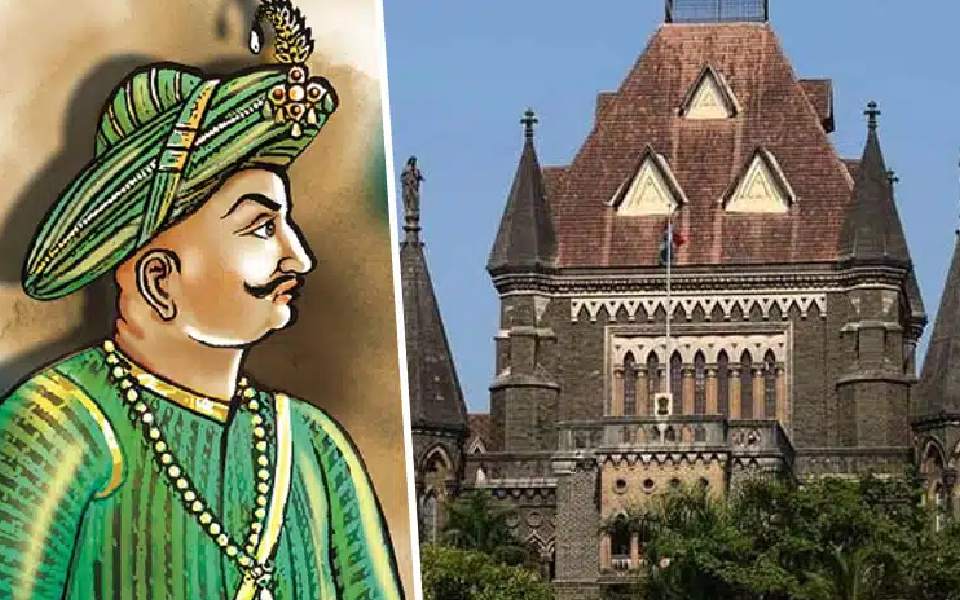On December 12, 2024, the Bombay High Court stated that there is no reason to block AIMIM’s leader from holding a rally on Tipu Sultan’s birth anniversary in Pune on December 24.
A division bench of Justices Revati Mohite-Dere and Shivkumar Dige while hearing a plea filed by Faiyaz Shaikh, the Pune President of the All India Majlis-e-Ittehadul Muslimeen (AIMIM) party, directed Pune police to chart out a route for a rally, commemorating Tipu Sultan’s birth anniversary, for which it had earlier denied permission.
Shaikh sought permission to organize a rally to commemorate the birth anniversary of Bharat Ratna Maulana Azad and Tipu Sultan, in addition to celebrating Constitution Day on November 26. However, the Pune Rural Police had refused to grant permission for the rally, particularly the one intended to mark the birth anniversary of Tipu Sultan.
Shaikh then moved the Bombay High Court seeking permission to conduct the rally on December 24. The police raised concerns about potential law and order issues, citing letters they had received from members of another community who threatened to disrupt the rally. The police suggested that Shaikh should instead celebrate Tipu Sultan’s anniversary at a private location, far from the public eye.
According to Live Law, during the hearing, Justice Mohite-Dere raised an important question:
“Is there a ban on celebrating the birth anniversary of Tipu Sultan?”
The Additional Public Prosecutor, Kranti Hivrale, responded that there was no such ban. However, she reiterated the police’s concerns about maintaining public order in light of the potential disruptions that might arise from the rally. The prosecutor emphasized that granting permission for the rally could incite violence or create tensions between communities.
Justice Mohite-Dere, however, challenged this reasoning. She pointed out that the police were responsible for maintaining law and order and that their authority in this matter should not be undermined by external pressures. She acknowledged that rallies could sometimes lead to disturbances, but emphasized that such risks should not be an automatic ground for denying permission.
“We understand if the rally cannot be permitted in a particular area due to law-and-order concerns. But yes, you can always ask them to change the route. If they commit any offense, you are free to lodge an FIR,” Justice Mohite-Dere explained, underscoring that the police had the tools to manage any potential disruptions.
Further, Justice Mohite-Dere directed the Superintendent of Police (SP) for Pune Rural, Pankaj Deshmukh, to appear virtually before the court. Deshmukh informed the judges that the police objection was specifically related to the celebration of Tipu Sultan’s birth anniversary. The police had no issue with the celebration of Constitution Day or Maulana Azad’s birth anniversary, but their primary concern was the potential for unrest that could arise from the Tipu Sultan event.
The judges, however, were not convinced by this singular objection. They pointed out that Shaikh’s request was not solely for the celebration of Tipu Sultan’s anniversary, but for a rally that included the birth anniversaries of both Maulana Azad and Tipu Sultan, along with the celebration of Constitution Day.
“You decide the route for them, but you cannot ask them to celebrate it at their own place. There is no reason why they cannot be allowed to take out the procession,” Justice Mohite-Dere said, firmly asserting that law and order could not be used as a blanket reason to deny the rally, as Live Law reported.
The court then made it clear that while the police had the right to impose certain conditions to ensure that the rally would proceed smoothly, they could not use potential disturbances as a pretext to block the event altogether. Justice Mohite-Dere clarified that if the organizers used derogatory language or committed any offenses during the rally, the police were free to take action and file a case. She reiterated that the rally could go ahead as long as it complied with the law and the conditions set by the police to prevent any untoward incidents.
In the course of the hearing, the judges instructed Faiyaz Shaikh to meet with Superintendent Pankaj Deshmukh and work out the details of the route for the rally. The court further directed Shaikh to submit an undertaking, assuring the authorities that the rally would proceed without any untoward incidents and in compliance with the conditions set by the police.
The matter was then adjourned until December 17, with the expectation that both parties would reach an agreement on the route and other logistical details for the rally. This case highlights the role of the judiciary in ensuring that the fundamental rights of citizens, including the right to freedom of expression and assembly, are upheld, while also acknowledging the necessity of public order.
This legal episode also underscores the complexities involved in organizing public events in a multi-communal society, where tensions between different groups can often make the process of seeking permission for rallies more challenging. In such situations, it becomes imperative for authorities to ensure that no group’s right to celebrate or commemorate historical figures is unduly curtailed, and that law-and-order concerns are dealt with fairly and in accordance with the law.
As the case continues, it is likely to set important precedents for how similar cases are handled in the future, especially when it comes to the celebration of contentious historical figures or events.
Related:
Why did Tipu Sultan have a Hindu god’s name on his ring
Stop drama or die: Threats to Tipu Sultan play in Mysuru

